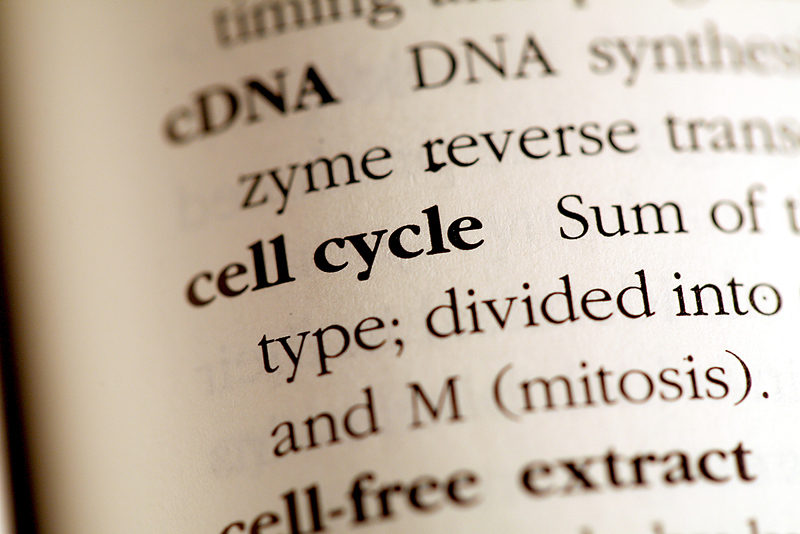
TUESDAY, May 20, 2014 (HealthDay News) — New research pinpoints 11 gene variations that appear to be linked to a higher risk of alcoholism.
However, their impact seems to be small in individuals, and the findings may be too limited to be immediately useful in terms of prevention or treatment, an expert said.
Still, the results could provide more insight into the mysterious role that genes play in determining why some people drink and don’t get addicted while others become alcoholics, the researchers said.
It may be possible someday for young people to take a blood test and learn if they’re susceptible to alcoholism, said study co-author Dr. Alexander Niculescu III, an associate professor of psychiatry and medical neuroscience at Indiana University School of Medicine.
“Genes are not destiny, but knowing your genetic risk profile can empower you to make smart lifestyle choices,” such as avoiding alcohol, he said.
According to the U.S. National Institute on Alcohol Abuse and Alcoholism, research suggests that genetics account for about half the risk that someone will become an alcoholic. Environment is responsible for the rest.
Scientists know about one genetic trait that makes some Asians ill when they drink, making it less likely that they’ll abuse alcohol. But what about other genes that affect alcoholism?
In the new study, Niculescu and his colleagues linked 11 genetic variations to alcoholism after exploring genetic data from human and animal studies. It’s not clear how the traits influence the risk of alcoholism, Niculescu said, but he thinks they may have something to do with the part of your brain that tells you that you feel good.
The researchers came up with a “genetic risk score” based on how many of the variations a person had. The investigators determined that the average person had a score of 47 out of 100, while 75 percent of those with scores above 48 were alcoholics.
Dr. Rob Philibert, a professor of psychiatry at the University of Iowa who studies the genetics of addiction, praised the study but said the genetic variations in question have “a very small effect” in individual people, limiting their usefulness in terms of treating alcoholism. Instead, he said, the variations only make a significant difference in large numbers of people overall.
What’s next? Niculescu said researchers are using the genetic research to explore possible ways to develop drugs — and perhaps even fish oil supplements — to treat alcoholism.
The study appears online May 20 in the journal Translational Psychiatry.
More information
To find out if you have an alcohol problem, try this self-test from the National Council on Alcoholism and Drug Dependence.
Copyright © 2026 HealthDay. All rights reserved.

